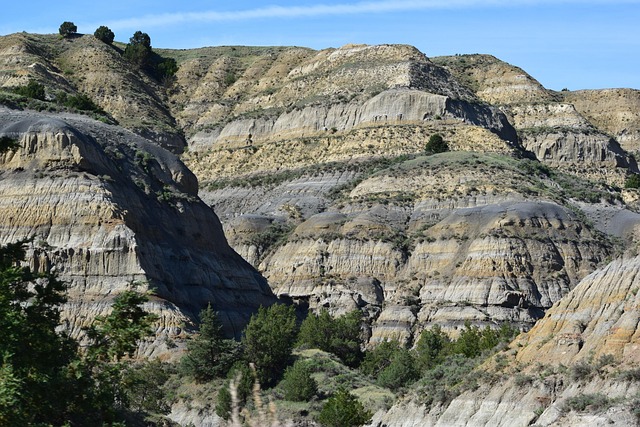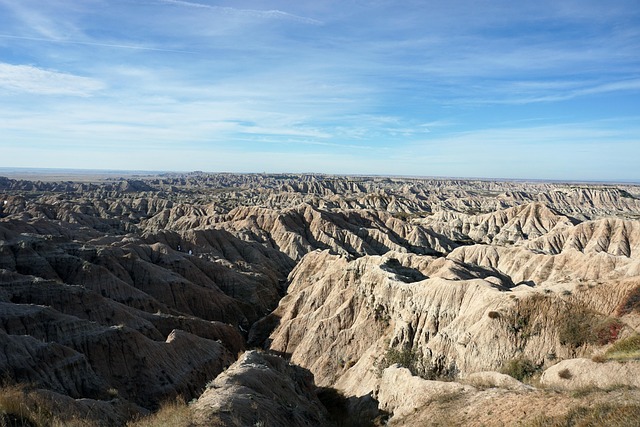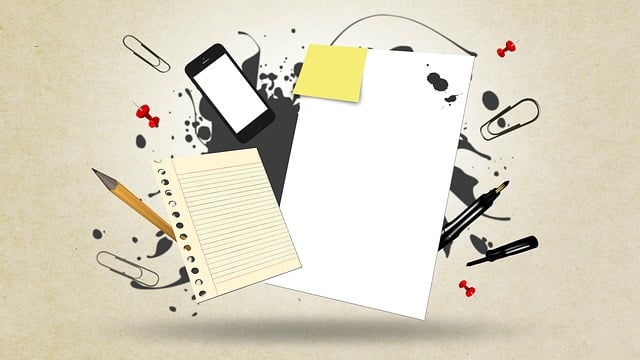North Dakota's debt collector laws protect consumers from unfair practices while ensuring fair debt recovery processes. Certain entities like non-profits and government agencies are exempt from licensing if they don't make debt collection their primary function. Strict guidelines, including proper notice and avoiding abusive tactics, promote fairness and transparency, facilitating trust between creditors and consumers.
In North Dakota, understanding debt collection laws is crucial for both debtors and creditors. The state has specific regulations regarding collection licensing, granting certain entities exemptions from these licenses. This article explores the intricate details of North Dakota’s collection licensing laws, focusing on who qualifies for exemption and the rights and responsibilities that come with them. By delving into these aspects, we aim to guide folks navigating the complex landscape of debt collection in ND.
Understanding North Dakota's Collection Licensing Laws

North Dakota’s collection licensing laws are designed to protect consumers from unfair or aggressive debt collection practices. These laws outline the rules and regulations that debt collectors must adhere to when attempting to recover debts within the state. Understanding these laws is crucial for both debtors and creditors alike, as they ensure a fair and transparent process.
Debt collector laws in ND govern various aspects, including the manner in which collections are made, the information that must be disclosed, and the rights of consumers. These regulations aim to strike a balance between ensuring debt recovery and upholding the rights of individuals to fair treatment during financial hardships. By following these laws, North Dakota maintains a robust yet consumer-friendly environment for managing and resolving debts.
Exempt Entities: Who Qualifies for Exemption?

In North Dakota, certain entities and individuals are exempt from obtaining a collection agency license under the state’s debt collector laws. These exemptions are designed to protect specific organizations or persons who do not engage in commercial debt collection activities on a regular basis. Exempt entities typically include non-profit organizations, credit unions, and government agencies carrying out their official duties.
To qualify for exemption, these entities must meet specific criteria outlined in the ND debt collector laws. They should not be in the business of collecting debts as their primary function. Instead, they must conduct debt collection activities incident to their regular non-collection business or governmental functions. This means that while they may collect debts owed to them, they are not authorized to charge or assess fees for these services beyond what is reasonably necessary to recover the debt.
Navigating Collection Rights and Responsibilities

Navigating collection rights and responsibilities in North Dakota is essential for both creditors and debtors. The state’s debt collector laws outline the rules and regulations that govern how debts are collected, ensuring fairness and transparency throughout the process. Understanding these laws is crucial for entities seeking to collect on outstanding debts.
In North Dakota, collectors must adhere to strict guidelines, including providing proper notice and avoiding abusive collection practices. They should inform debtors of their rights under the law, such as the right to verify the debt and dispute inaccurate information. By following these responsibilities, collection agencies contribute to a balanced and ethical debt recovery process, fostering trust between creditors and consumers in accordance with ND debt collector laws.






